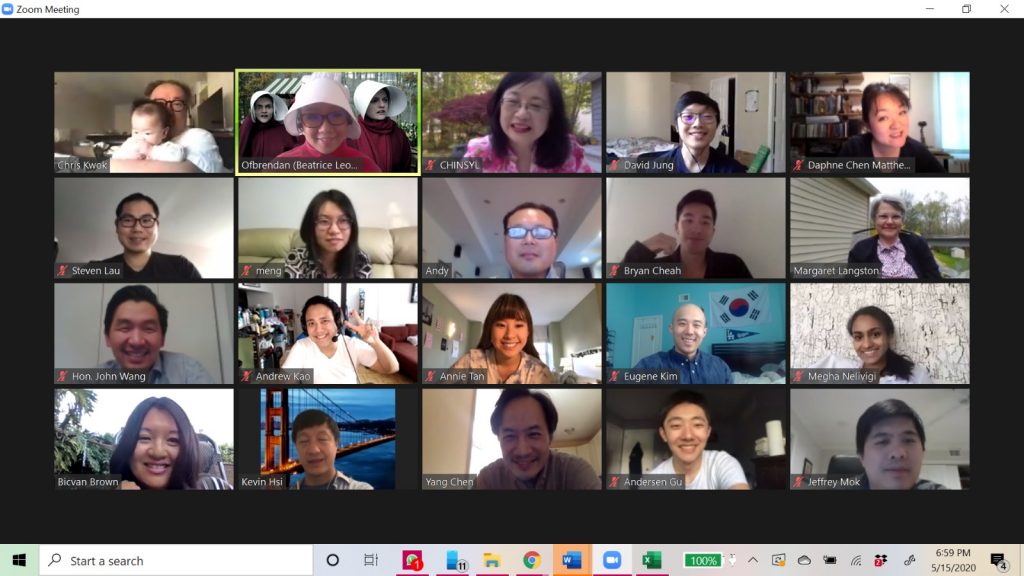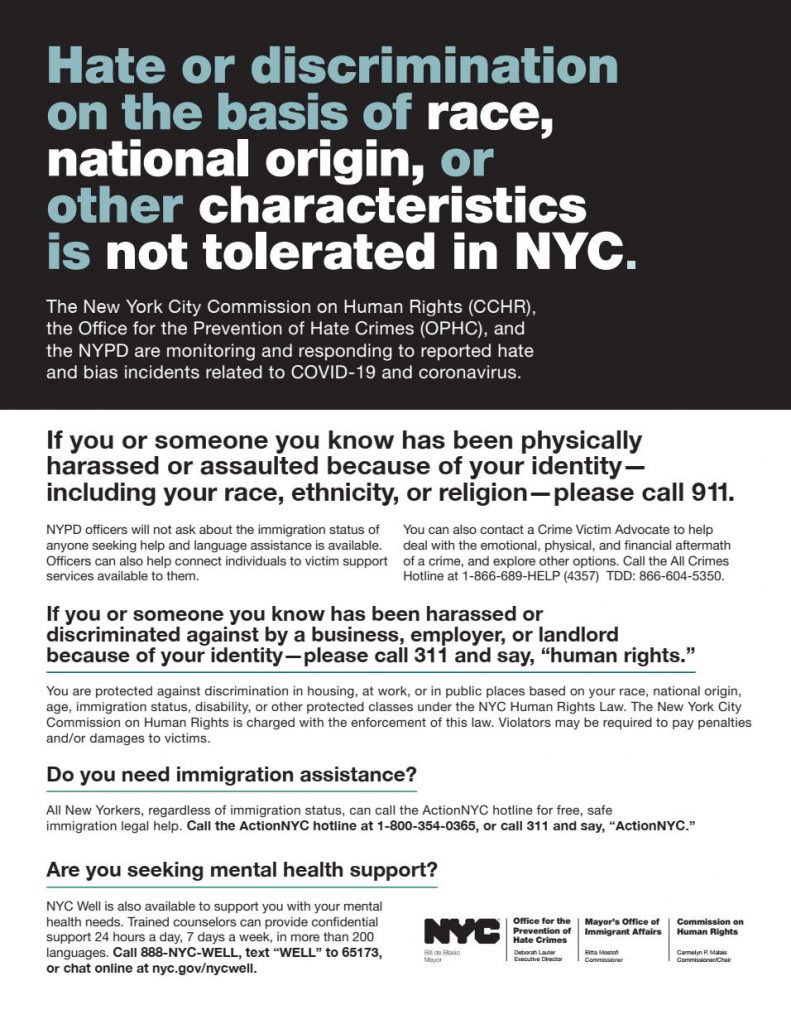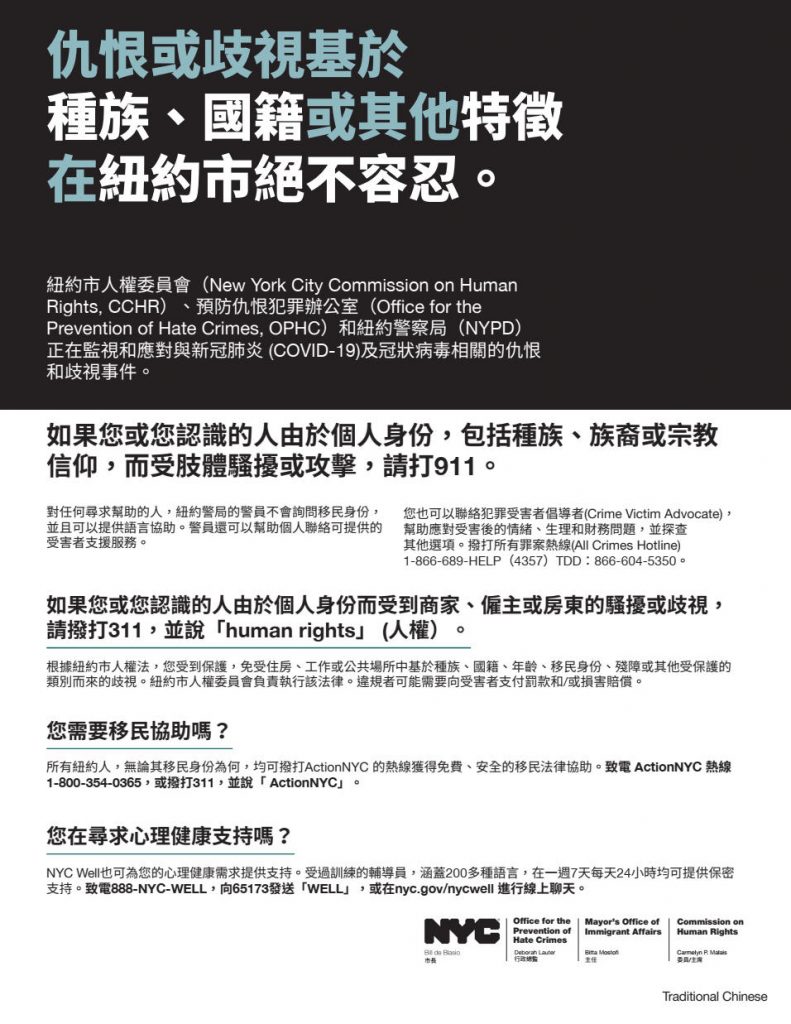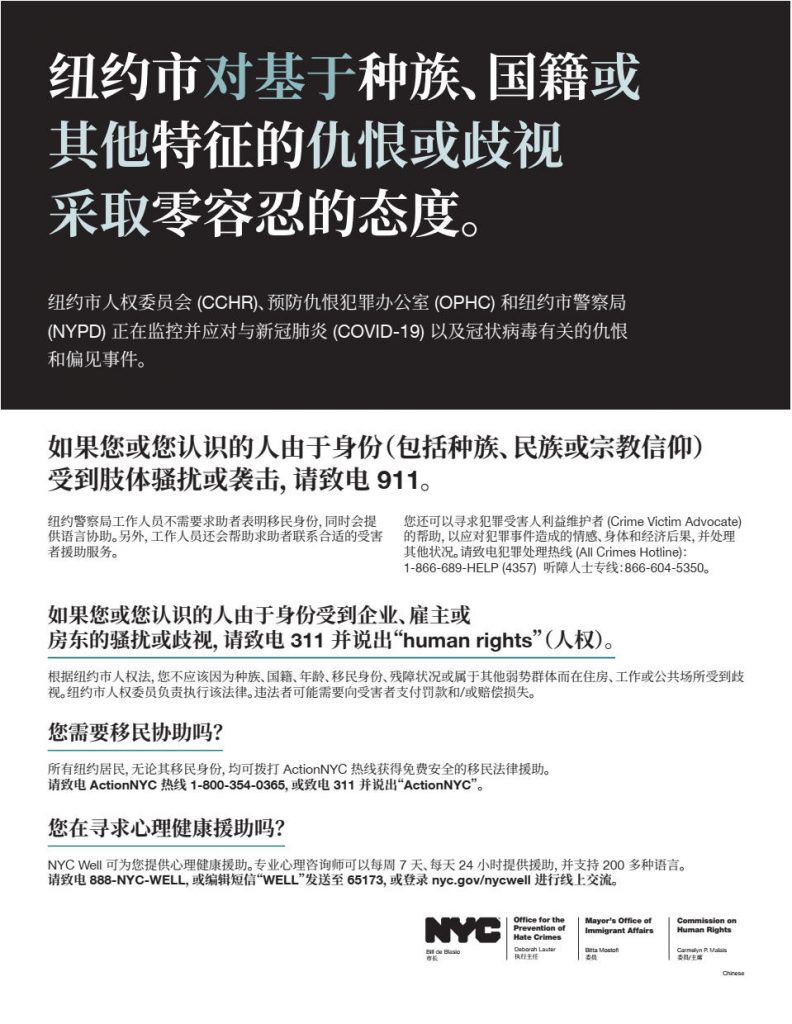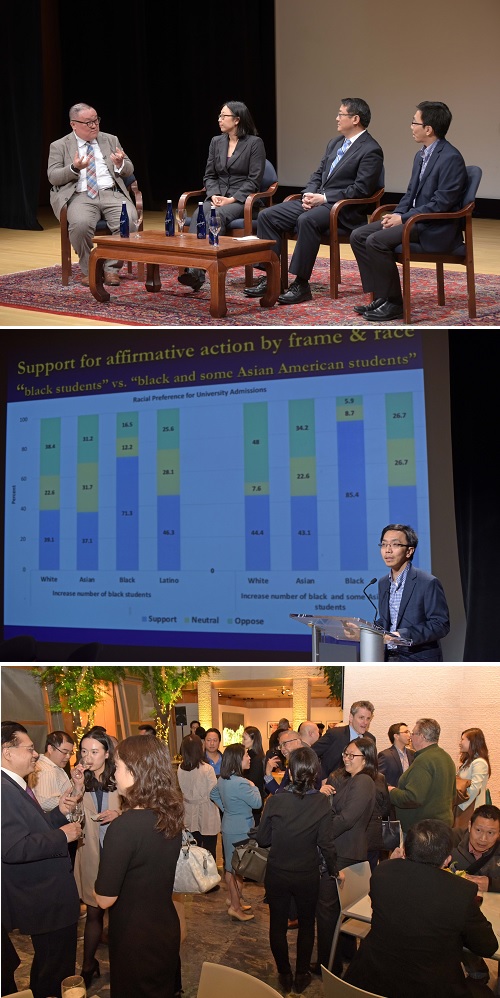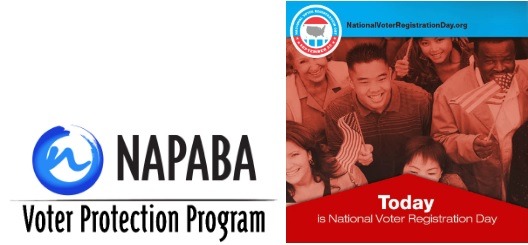For Immediate Release: Date: March 2, 2021
Contact: Priya Purandare, Executive Director
WASHINGTON—This past Friday, the U.S. Department of Justice announced it would investigate the rise in hate-based violent extremism against Asian Americans that has occurred since the start of the COVID-19 pandemic. The National Asian Pacific American Bar Association (NAPABA) applauds this necessary undertaking and unequivocally condemns and rejects the violence that has been directed at the Asian American and Pacific Islander (AAPI) community and calls for appropriate law enforcement efforts to investigate and prosecute offenders.
Since the start of the pandemic, there have been over 3,000 recorded hate incidents against the Asian American community, along with concern that law enforcement has been slow or reticent to investigate the incidents.
“NAPABA is deeply troubled by the continued rise of hate crimes and violence against the Asian American community and the hesitant response by the government to counter this disturbing and unacceptable trend,” said A.B. Cruz III, president of NAPABA. “While we appreciate President Biden and the Department of Justice’s acknowledgement of this crisis, we need our government to do more to protect AAPIs. There needs to be proactive coordination between local, state and federal authorities, including prevention and prosecution against such crimes. NAPABA has, and will, continue to work diligently to provide support to assist victims and their families, and action and advocacy to prevent hate crimes and acts of violence against the AAPI community.”
In January, President Biden issued his Memorandum Condemning and Combating Racism, Xenophobia, and Intolerance Against Asian Americans and Pacific Islanders in the United States . However, the attacks against the AAPI community have become even more prominent in February, including:
- An 84-year-old Thai American man in San Francisco was shoved to the ground during his morning walk and died two days later;
- A 91-year-old Chinese American man In Oakland was attacked and pushed to the ground when several shops were vandalized in Chinatown;
- A 64-year-old Vietnamese American woman in San Jose was robbed following a Lunar New Year’s celebration;
- A 61-year-old Filipino American in New York had his face slashed with a box cutter on the subway; and
- A 52-year-old Chinese American woman in Queens, New York was physically attacked and shoved to the ground while waiting in line at a bakery.
NAPABA’s hate crimes resources, including providing pro bono legal assistance, can be found here. NAPABA’s Stand Against Hate campaign, denouncing racism can be found here. NAPABA and its affiliates’ past statements on anti-Asian hate can be found here.
###
The National Asian Pacific American Bar Association (NAPABA) represents the interests of approximately 50,000 legal professionals and nearly 90 national, state, and local Asian Pacific American bar associations. NAPABA is a leader in addressing civil rights issues confronting Asian Pacific American communities. Through its national network, NAPABA provides a strong voice for increased diversity in government and the judiciary on the local, state, and federal levels, advocates for equal opportunity in the workplace, works to eliminate hate crimes and anti-immigrant sentiment, and promotes the professional development of people of color in the legal profession.



